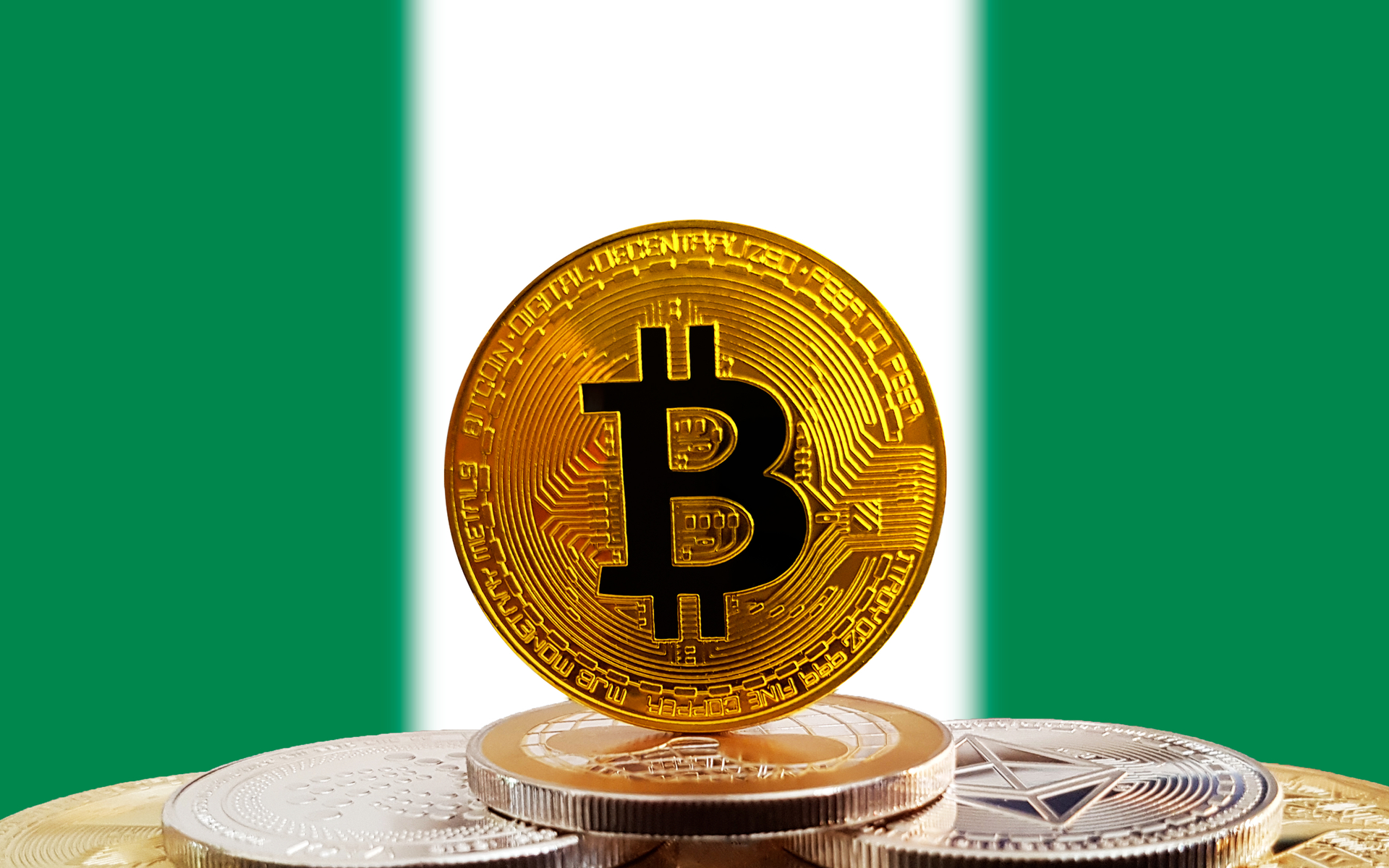
Coinposters
Nigeria’s Bitcoin P2P Trading Has Increased By 16% Despite The Ban

Nigeria’s central bank barred crypto transactions in the Nigerian financial sector exactly a year ago. Despite the central bank’s fierce opposition to crypto transactions in its financial ecosystem, crypto transactions are on the increase in Africa’s largest crypto market.
Peer-to-peer transactions in Nigeria increased by 16% year on year. Nigeria presently has $400 million in P2P volumes on two main P2P platforms (Paxful and Localbitcoins), followed by Kenya with more than $160 million and South Africa with $117 million.
BTC exchanges using peer-to-peer technology do not require a central authority and are conducted between parties (such as individuals).
Despite the fact that peer-to-peer Bitcoin trading is decentralized, a rising number of Nigerians still use their banks to settle in cash when engaged in this type of trading.
There are over 17,000+ digital currencies in use today, the majority of them are known as altcoins. Cryptocurrency has become a widespread notion, and if you’re reading this, you’ve probably heard of Bitcoin.
Nigeria, on the other hand, has taken an anti-crypto stance, as have many other countries throughout the world. It has even reacted deliberately and harshly against digital currencies at times.
The Central Bank of Nigeria (CBN) Governor, Godwin Emefiele, argued that the bank’s decision in February 2021 not to allow deposit money banks, non-banking organizations, and other financial institutions to support cryptocurrency trading was in the best interests of Nigerians.
Tukur Moddibo, the chief of the Nigerian Financial Intelligence Unit (NFIU), also stated that crypto failed essential vulnerability and risk tests, despite the fact that his agency thwarted a $3 million fraud involving 20 bank accounts.
This restriction sparked widespread outrage among cryptocurrency aficionados across the country. In response, the Central Bank of Nigeria announced on October 25, 2021, the launch of its own digital currency – the electronic naira, also known as the eNaira.
Nonetheless, Nigerians are now paying a premium to obtain these digital assets, as the only legal method is P2P trading, as the world’s most popular cryptocurrency is available on Africa’s largest crypto market.
Despite Nigeria’s central bank’s prohibition on crypto transactions through its financial institutions, Africa’s most populous country is not given up on the Crypto market and is willing to pay a premium to store and buy Bitcoin.
Latest
Bitcoin
09 May 2024
Bitcoin
19 Apr 2024
Bitcoin
16 Jan 2024
Bitcoin
31 Aug 2023
Bitcoin
24 Jun 2023
Bitcoin
24 Jun 2023













